Let’s Make Math Education Relevant for Real Life

In this blog post, we’ve partnered with NUOVO STEP S.R.O. to help you make Math Education more relevant for real life!
In modern conditions, when the new economy is based on numbers, and numbers are based on mathematics, the discussion about updating the content of mathematics education is becoming more and more urgent.
Indeed, most school textbooks have undergone substantial changes; scientific discoveries made relatively recently have been added. Therefore, in the school course of physics, they began to study the achievements of the 19th century – the elements of quantum mechanics. And in the school biology course, deoxyribonucleic acid (DNA), discovered in the middle of the 20th century, is considered. The content of the school mathematics course practically stops at the sections opened up in the 17th – 18th centuries. At the same time, the school mathematics course includes sections that most graduates will not need not only in everyday life but also in their future professional activities.
In addition, it is difficult for most students to study mathematics since it contains a large number of formulas, terms, and rules. If you google often, “How do I do my math homework right?” and if this discipline brings some trouble to you, you should ask for help. On special services, they will help you with tasks that seem the most difficult, and you will quickly cope with your homework.
The Absolute Best Book for the Algebra I
So how can you make math education relevant in real life? In search of an answer to this question, another arises: what are the goals of modern math education, and have they changed?

The Goals of Modern Math
The main goal of modern school math education is not to fill the heads of students with information that they allegedly need in their future lives but to teach them to find it, analyze it, and draw conclusions on their own. The school subject of mathematics faces a serious task – to teach not only the content of the subject but also the learning process itself.
There has already been a period in the history of school math education when, while modernizing it, they tried to raise the level of scientific character. Ultimately, this led to a significant bias towards formalism and scholasticism, to the senseless memorization of formulas. When this problem was comprehended by the pedagogical community, the idea that school math is not a science but an academic subject with all the consequences began to strengthen.
Math as an Academic Subject
In the academic subject, it is not necessary to observe the laws of mathematics as a science. The laws of pedagogy, didactics, and especially psychology are more important.
In addition, school mathematics is an academic subject with tremendous humanitarian potential. Mathematics is predominantly a humanitarian, academic subject of general cultural orientation. This is a discipline that allows a person to correctly navigate the surrounding reality. Knowledge of mathematical language and mathematical modeling will allow a person in the future to navigate nature and society.
In our time, mastering at least the basics of a mathematical language is an indispensable attribute of a cultured person. If the main purpose of an everyday language is to serve as a means of communication, then the main purpose of a mathematical language is to facilitate the organization of activities, which is very important for a cultured person. With an effective organization of the process of teaching math, math lessons will contribute to the development of the student’s speech to no lesser extent than the lessons in the English language and literature.
Best Algebra Prep Resource
Introducing New Concepts and Sections in Math
Thinking about the need to introduce new concepts or sections in the school math course, one should not forget the historical and genetic factors. The most complex concepts of mathematics usually go through three stages in their development: visual presentation, working level of perception, and formal definition. Moreover, the transition from level to level was often very time-consuming and painful. Concepts that were difficult to emerge in the course of the development of math will be difficult in perception and assimilation for students. New concepts should be introduced under the following conditions:
- If students have accumulated sufficient experience for an adequate perception of the introduced concept, and experience in two directions: verbal – the experience of full understanding of all the words contained in the definition, and genetic – the accumulated experience of using the concept at the visual-intuitive and working levels.
- If students have a need for a formal definition of the concept.
The opportunity to survive while slowly moving from level to level should be given. Most of the mathematical discoveries of the last three centuries are such that it is practically impossible to ensure the fulfillment of these conditions at the stage of schooling, and therefore, it is useless from the point of view of the student’s development. A new mathematical concept should appear motivated only when there is a need for it. This need may be caused by the emergence of a new mathematical model. An unmotivated introduction of a new concept provokes memorization without understanding. This leads to learning without development.
The Best Books to Ace Algebra
Related to This Article
More math articles
- 10 Most Common 3rd Grade ACT Aspire Math Questions
- How to Solve Word Problems of Adding Two Numbers Up to 7 Digits
- CBEST Math-Test Day Tips
- A Comprehensive Collection of Free CLEP College Mathematics Practice Tests
- FREE FTCE Math Practice Test
- Top 10 Tips You MUST Know to Retake the TASC Math
- How to Simplify Polynomial Expressions? (+FREE Worksheet!)
- Best Blue Light Glasses for Teachers and Students
- Discover the Gateway: “CBEST Math for Beginners” Full Solution Handbook
- 5 Best Reliable Calculators for School, Home, and Work
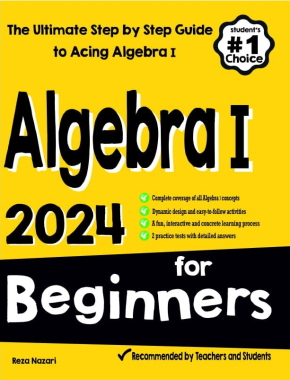

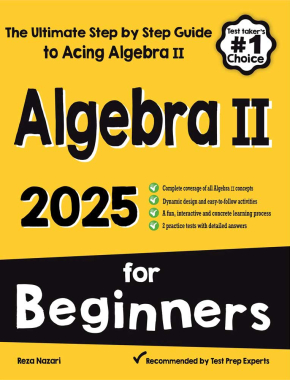
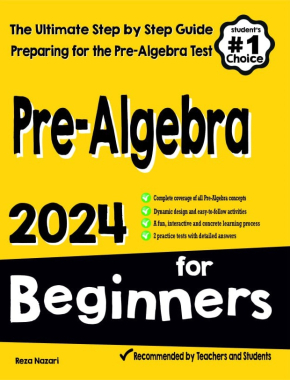
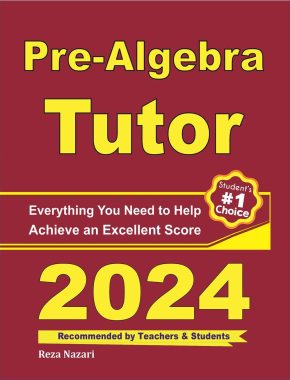
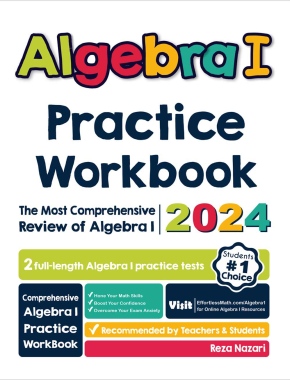
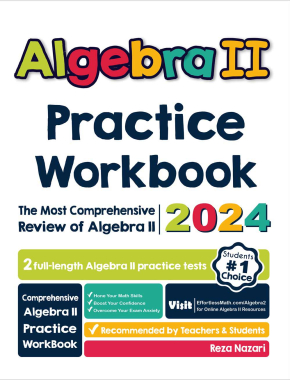
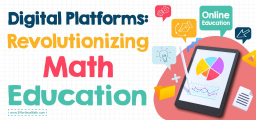
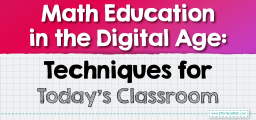
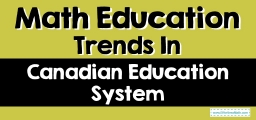


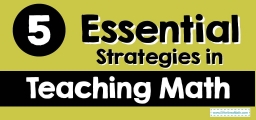
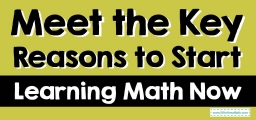

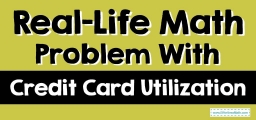
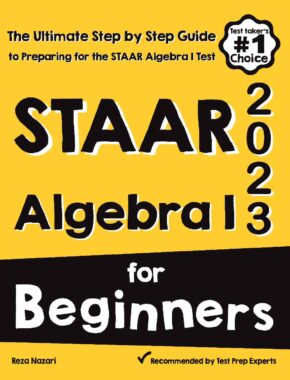
What people say about "Let’s Make Math Education Relevant for Real Life - Effortless Math: We Help Students Learn to LOVE Mathematics"?
No one replied yet.